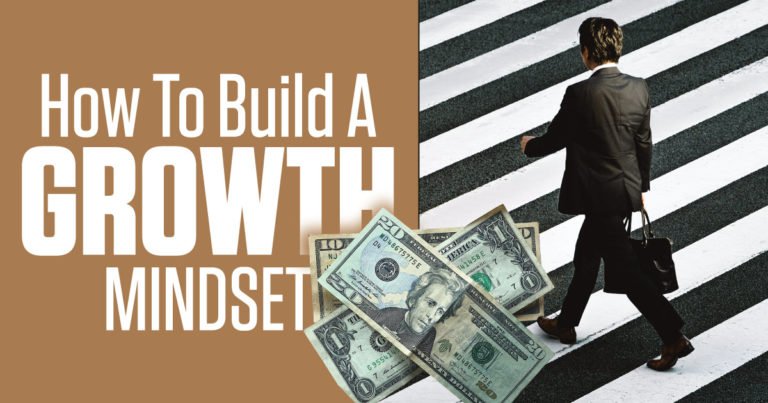Money troubles are surprisingly common among Americans – more than half of Americans regret not saving more money for later in life and of those, most regret underfunding their retirement accounts, emergency funds, and the money toward the education of their children. As of 2020, American total household debt reached a new high as Americans across the country now owe a total of over $14 trillion. $1.64 trillion dollars of that amount owed is student loans – an average of nearly $30,000 per graduate. Another $1 trillion of this debt is from credit card debt – the pandemic isn’t helping this type of debt as during the pandemic, 23% added to their credit card debt. Making financial mistakes can be extremely costly and paying for basic necessities can become tough. 33% of Americans are living paycheck to paycheck and only 3 out of every 10 low-income earners are even able to save money. 42% of those who took out a student loan made a late payment at least one time in the past year and 47% wish they had picked out a less expensive place to go to college. 46% of credit card holders don’t always pay back in full every month – over a third of card holders only make minimum payments.
Your mindset is built on whether you see your own intelligence, character, and abilities as fixed or capable of growth. A fixed mindset can make you desire to look smart and skilled in comparison to others and avoid challenges and failures at all cost, as well as giving up much more quickly. A growth mindset desires to learn, adapt, and improve, and embraces challenges and sees setbacks as opportunities.
Learn more about recovering from a financial mistake and tech to help change your mindset into a financial growth mindset here:


